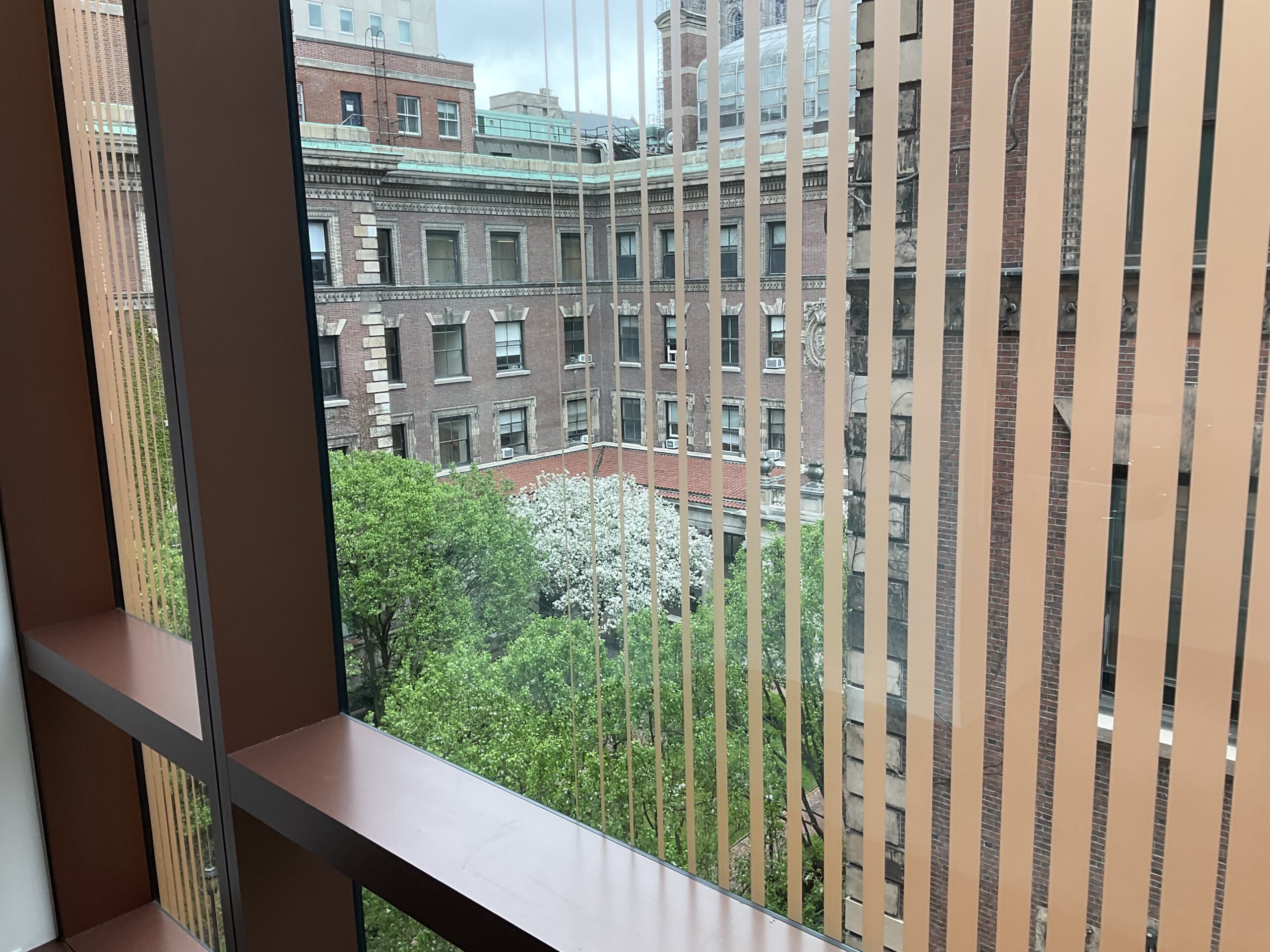You’ve Been Accepted. How Do You Decide Which College to Attend?

You’ve received good news. You’ve been accepted to several colleges or universities. Now you have to decide which one to attend. You must “deposit” at one school on or before May 1st in order to reserve your spot.
A visit to colleges that have accepted you is a good idea if you can do it. All this month, colleges host Admitted Student Days. And even if you can’t make it to one of those sessions, you can still sign up for a tour and an information session at any other time that is more convenient to you.
Whether you can tour – or not – here are some suggestions to help you in your decision-making. Consider:
- Location
- Close to home or farther away
- Drive, fly, take a train – and the expenses involved
- City, suburban or rural (small town, no town)
- Weather (I do find that although students do think about weather, that generally is not the deciding factor)
- Nearby attractions – beach, ski mountain, theater, hiking trails, etc.
- Size
- Colleges range from a few hundred to tens of thousands.
- The larger the college, the more likely you will experience more very large classes (they can number in the hundreds) freshman year.
- Do you like to participate in class or are you more of a listener? The smaller the school, the more likely you will be to find classes in which you will be asked to participate.
- Do you like to learn through discussion or through lectures or by doing (experiential/hands-on)?
- Do you like to recognize most of the students whom you see each day? It’s unlikely you will know everyone, even in a small school, but faces do become familiar. The larger the college, the more likely it will be for you to not know the people you see on campus but there will be opportunities to meet many more.
- Type of campus
- Residential or urban/no campus
- Gated or ungated campus
- Religious affiliation or not
- Student Body
- Artsy
- Athletic
- Outdoorsy
- Diverse
- Left or Right-Leaning
- Campus Vibe
- Rah rah and spirited or quiet and contemplative
- Party scene or not
- Politically and/or socially aware and active
- Progressive/liberal or conservative
- Curriculum
- General education/distribution requirements or core curriculum
- Does the college offer areas that you want to study?
- Flexibility of changing your area of study
- Advising, especially if you don’t know what area you want to study
- Are there opportunities to do research – beginning freshman year or later?
- Joint or combined programs – such as Fifth Year Master’s Degree
- Campus Resources
- Research Opportunities
- Support for learning differences
- Support for physical disabilities
- Support for students with ADD or ADHD
- Mental health counseling
- LGBTQ+ support
- Money
- Cost of attendance
- Financial Aid
- Merit Aid (Scholarships)
- Extracurricular Activities (to name a few)
- Greek Life – If there are fraternities and sororities, are they social in nature or focused on community service
- Spectator sports – Do you want to attend football and basketball games, for example, or will you attend a game or event, such as lacrosse or swimming, only if a friend is competing?
- Club and/or intramural sports
- Community service opportunities
- Productions to attend – films, theater, dance – and exhibitions to view
- Opportunities to participate in theater or music even if you aren’t majoring in those areas
- A capella, band and orchestra groups
- Student government
- Competitions – such as in math or robotics or debate
- Religious organizations
- Career Services
- Assistance in obtaining jobs and internships
- Assistance in drafting resumes
- Career fairs
- Placement rate of students at graduation – and what jobs they obtain

